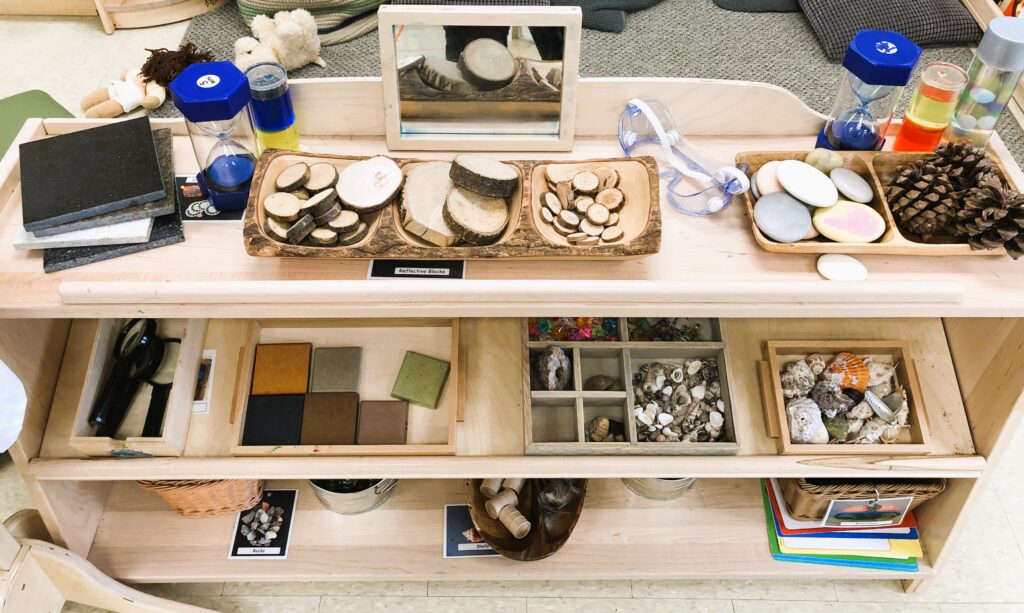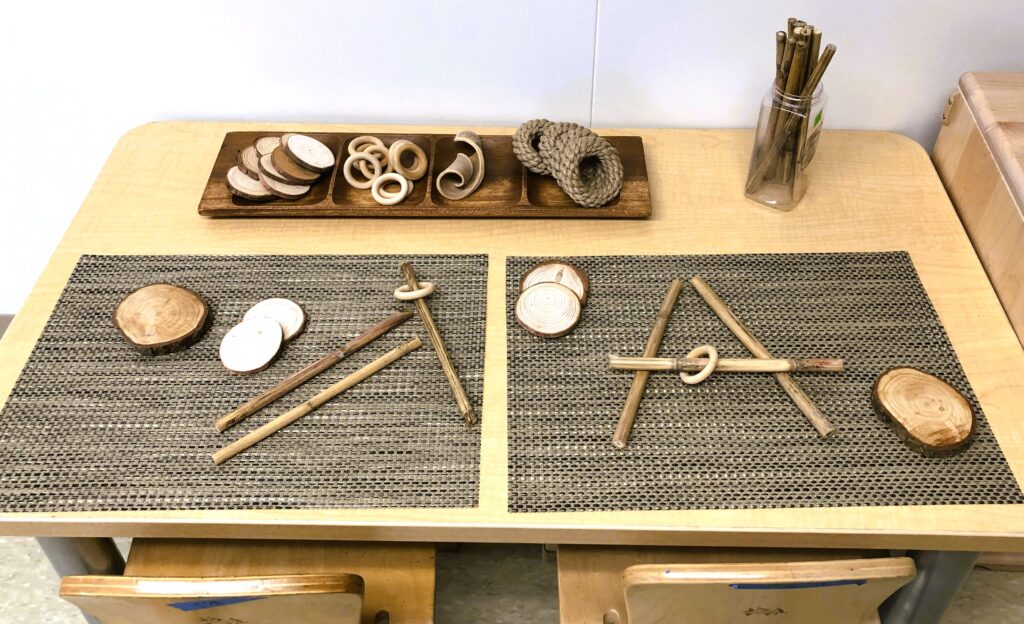In my classroom, I’m applying philosophies and principles I developed over my 25+ years in early education. These methodologies diverge from the conventional approaches typically seen in high school or autism-focused classrooms. I firmly believe in the transformative potential of these principles however, and I’ll be documenting the journey and outcomes of integrating these methods into my teaching practice.
My philosophies are strongly influenced by both the Reggio Emilia Approach and The Montessori Method. The Reggio Emilia approach is an educational philosophy and methodology that originated in the town of Reggio Emilia in northern Italy after World War II. It was developed by educator Loris Malaguzzi and parents in the community who wanted to create a new type of education for young children. The approach is characterized by several key principles and practices. Below are the Reggio influenced principles that I adhere to in my classroom:
- Regardless of age or ability, for students to be successful in school, we must see them as competent learners and respect their right to an active role in constructing their own learning.
- We must recognize the value of relationships in the learning process, not just with our students, but with families as well.
- We must acknowledge the distinct needs and strengths of each individual child and make accommodations to meet those needs as well as opportunities to build upon and share their strengths.
- We must see our teaching role as facilitating learning through intentional experiences, activities, environments, and interactions vs. simply “teaching” students what to do or how to do it.
- We must encourage students to ask questions, to think critically, and to ‘think about their thinking and learning processes.
- We must allow for the individual and varied means of expression students may use to communicate what they know, what they are capable of, or the progress they have made.
- We must consider our environment a third teacher, ensuring spaces that are safe, calm, aesthetically pleasing, and offer areas for exploration and experimentation, interactions, movement, creating, and self-expression.
- Finally, we must engage in continuous observation and research in order to evolve and improve our teaching.


Overall, the Reggio Emilia approach emphasizes the importance of fostering a supportive and nurturing environment where children can explore, create, and learn in meaningful ways that are relevant to their interests and experiences. It is widely regarded as a progressive and innovative approach to early childhood education.
You’ll find that many, if not all, of these principles are actually essential in an autism-focus classroom. and a Reggio inspired program would be a great fit for many autistic students. Many of the elements in my program that seem counterintuitive to conventional practice in an autism-focus program are based on the Montessori Method. In my next post, I will discuss the Montessori Method and how I implement the principles and components of that educational philosophy.


